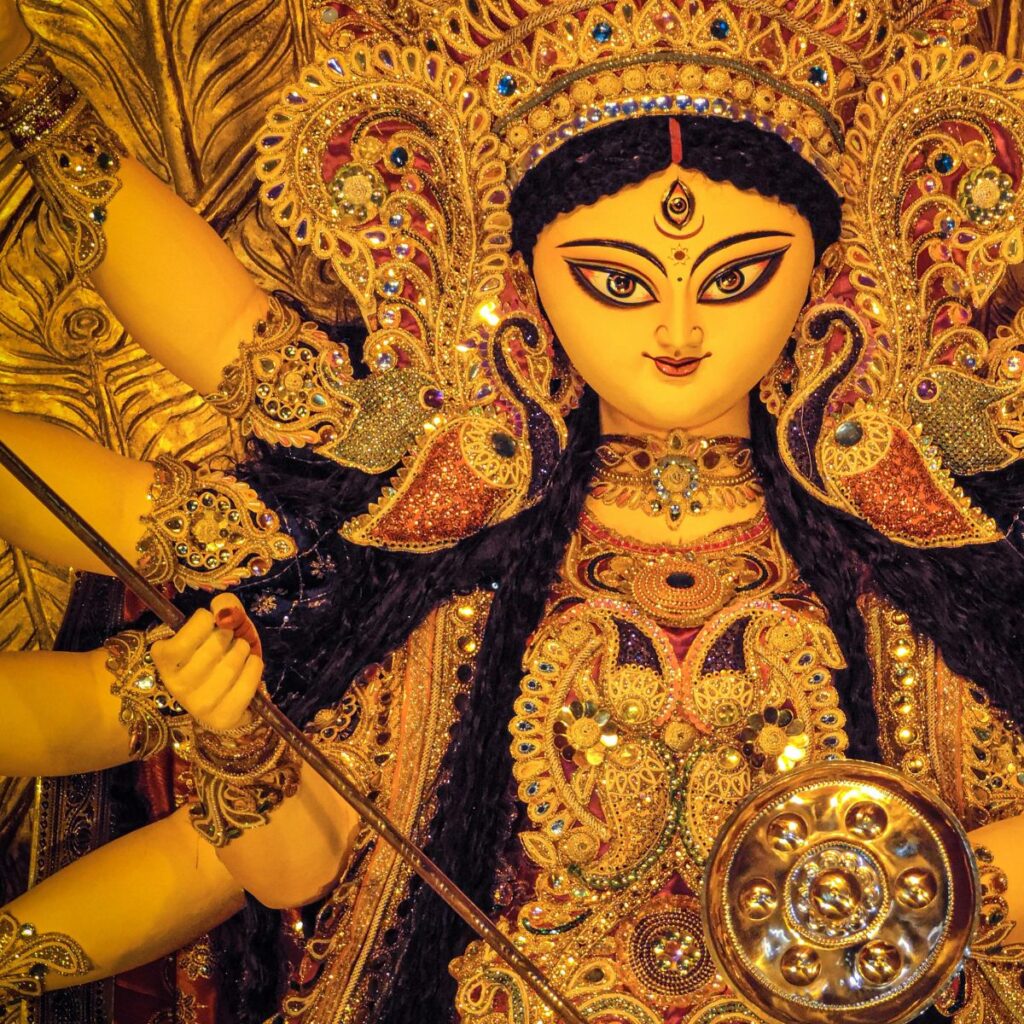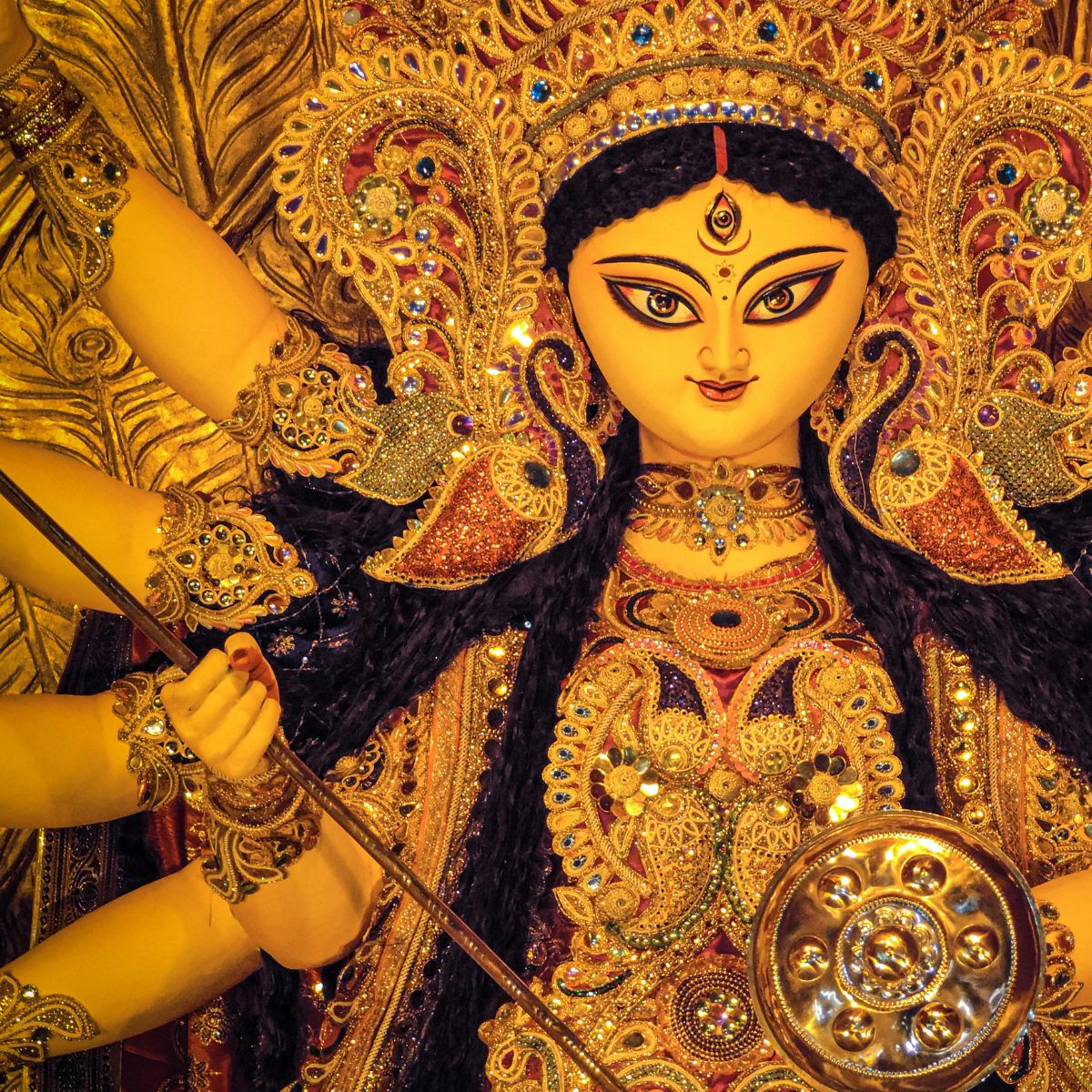Thank you for your interest in this course. This course is not currently open for enrolment. Please let us know if you are interested in this course and subscribe to our mailing list to be the first to know about upcoming offerings.
Explore the Beliefs, Texts, and Practices of Hinduism
- Duration: 6 weeks
- Day(s): Thursdays
- Date: Thursday, February 20 to Thursday, March 27
- Time: 6:30 pm – 8:30 pm
- Location: Online, via Zoom
- Fees: $150
- Instructor: Dr. Mansi Handa

Course Overview
An Introduction to Hinduism provides an exploration of the foundational beliefs, texts, and practices of Hinduism, one of the world’s oldest and most diverse religions. This course delves into the historical origins, philosophical principles, and spiritual traditions that have shaped Hinduism over millennia. Students will engage with the religion’s diverse philosophies, rituals, and cultural expressions, while also examining its relevance in modern contexts, including its role in global interfaith dialogue. Through analytical studies, interactive discussions, and reflective practices, students will gain a nuanced understanding of Hinduism as both a historical and living tradition that continues to influence millions worldwide.
Instructor
Dr. Mansi Handa is a professor of Philosophy and Liberal Arts. Originally from India, she brings a deep understanding of Hinduism, Indian philosophy, and the philosophy of religion. Dr. Handa earned her PhD in Philosophy from the University of Delhi, with her research focusing on ethical issues related to climate change. With over a decade of experience teaching courses on religion, philosophy, and ethics. She specializes in exploring intersections between faith, reason, and cultural traditions.
Dr. Handa has published on topics such as religious mysticism and environmental justice and has presented her work at international forums, including the World Congress of Philosophy. Her teaching emphasizes critical thinking, cultural context, and student engagement, fostering an inclusive environment for exploring diverse philosophical traditions. Passionate about bridging global perspectives, she aims to connect philosophical insights to contemporary challenges, enriching students’ understanding of religion and ethics.
Method of Teaching
The course adopts a variety of interactive and analytical teaching methods designed to cater to diverse learning styles. Weekly lectures will provide foundational knowledge and historical context, while class discussions will encourage critical thinking and collaborative exploration of ideas. Reflective activities will allow students to connect theoretical concepts with real-world applications. Additionally, multimedia resources, including videos and textual analysis of sacred texts like the Bhagavad Gita, Ramayana, and Upanishads, will enrich the learning experience. This multifaceted approach ensures that students not only learn about Hinduism but also develop an appreciation for its cultural and spiritual significance.
Student Learning Objectives
Students will:
- Explore the historical origins and development of Hinduism.
- Understand key concepts such as dharma, karma, moksha, and samsara.
- Analyze Hinduism’s sacred texts and their teachings.
- Discuss rituals, festivals, and cultural expressions.
- Examine Hinduism’s role in art, philosophy, and global contexts.
Student Experience
Introduction to Hinduism is suitable for individuals with varied educational or professional backgrounds who are interested in learning about Hindu traditions.



